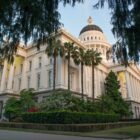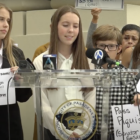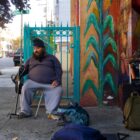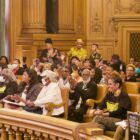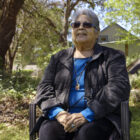Health
Drug Policy, Addictions Specialists Oppose Prop F Tying Welfare to Drug Tests
Numerous drug policy experts and addictions specialists from across the country — as close as UCSF and as far away as Rhode Island — publicly oppose a San Francisco ballot measure that would compel adult welfare recipients to undergo drug screening before collecting cash benefits.
And efforts to publicize the measure have brought practitioners who don’t always agree about addiction treatment practices to the same side of the debate.

